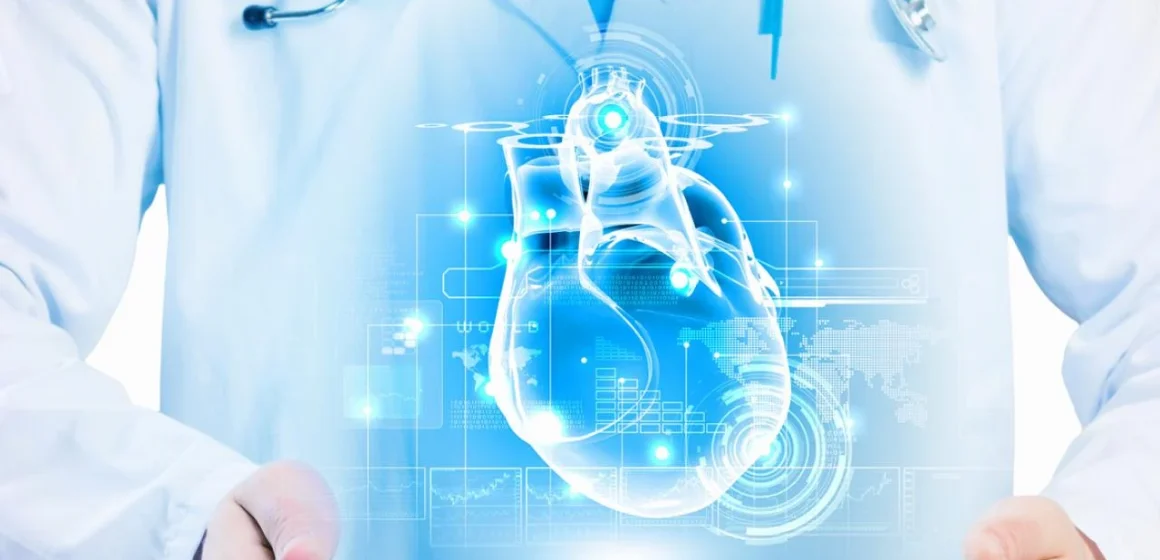The field of health and medicine is evolving at an unprecedented pace. Advances in technology, research, and patient care are transforming how we understand, prevent, and treat diseases. From digital health tools and personalized medicine to breakthroughs in biotechnology, modern healthcare is moving beyond traditional boundaries to deliver better outcomes and improve quality of life.
This article explores the latest trends, innovations, and challenges in health and medicine, highlighting how these changes are shaping the future of patient care.
The Rise of Personalized Medicine
Personalized medicine, also known as precision medicine, is revolutionizing the healthcare landscape. Unlike the traditional “one-size-fits-all” approach, personalized medicine tailors treatments to an individual’s genetic makeup, lifestyle, and environment.
Key benefits include:
-
Targeted treatments: Therapies are designed to work specifically for a patient’s genetic profile, reducing side effects and improving efficacy.
-
Early disease detection: Genetic testing and biomarkers help identify predispositions to certain conditions, enabling preventative care.
-
Improved patient outcomes: Personalized approaches lead to more effective management of chronic diseases such as diabetes, heart disease, and cancer.
As genomic sequencing and AI-driven data analysis become more accessible, personalized medicine is set to become a cornerstone of modern healthcare.
Telemedicine and Digital Health
The COVID-19 pandemic accelerated the adoption of telemedicine, making virtual consultations a permanent feature of healthcare delivery. Telemedicine offers convenience, accessibility, and efficiency, particularly for patients in remote areas or those with mobility challenges.
Key trends in digital health include:
-
Telehealth platforms for virtual doctor visits.
-
Mobile health apps that track fitness, medication adherence, and chronic condition management.
-
Remote monitoring devices that allow physicians to track vital signs and detect early warning signs.
-
AI-assisted diagnostics that analyze medical images and patient data for faster, more accurate results.
Telemedicine and digital health are not just tools for convenience—they are transforming patient engagement and enabling proactive, preventative care.

Biotechnology and Medical Innovation
Biotechnology continues to drive breakthroughs in medicine. From gene editing to regenerative therapies, the potential to treat previously incurable conditions is expanding rapidly.
Recent innovations include:
-
CRISPR technology, which allows precise gene editing to treat genetic disorders.
-
Stem cell therapies for tissue regeneration and repair.
-
Immunotherapy, particularly in cancer treatment, which harnesses the body’s immune system to fight disease.
-
3D bioprinting, enabling the creation of customized tissues and organs for research and potential transplants.
These technologies promise to shift healthcare from symptom management to curative solutions, potentially improving millions of lives worldwide.
Preventive Healthcare and Wellness
Modern healthcare is increasingly emphasizing prevention rather than treatment. Preventive medicine focuses on early detection, lifestyle interventions, and risk reduction to maintain health and prevent disease.
Preventive strategies include:
-
Regular health screenings and check-ups.
-
Vaccination programs to reduce infectious diseases.
-
Nutritional guidance and fitness programs.
-
Mental health support and stress management initiatives.
By prioritizing prevention, healthcare systems can reduce the burden of chronic diseases, lower costs, and enhance population health outcomes.
Mental Health: A Growing Priority
Mental health has emerged as a critical component of overall wellness. Awareness of conditions such as depression, anxiety, and stress-related disorders has increased, leading to improved resources, treatments, and societal support.
Recent developments in mental health care include:
-
Teletherapy and online counseling for accessible mental health support.
-
Digital therapeutics using apps to treat conditions like insomnia, anxiety, and addiction.
-
Integration with primary care to address mental health alongside physical health.
-
Mindfulness and stress reduction programs to improve cognitive and emotional resilience.
Mental health is now recognized as essential to overall well-being, influencing productivity, relationships, and long-term health outcomes.
Artificial Intelligence in Medicine
Artificial Intelligence (AI) is playing a transformative role in diagnostics, treatment planning, and research. AI systems can analyze vast amounts of data quickly and accurately, assisting physicians in making informed decisions.
Applications of AI in healthcare include:
-
Radiology and imaging analysis for faster disease detection.
-
Predictive analytics for identifying at-risk patients.
-
Drug discovery by simulating molecular interactions and predicting efficacy.
-
Personalized treatment plans based on patient data and genetic profiles.
AI enhances efficiency, reduces human error, and enables a more proactive approach to healthcare.
Challenges in Modern Healthcare
Despite significant advancements, healthcare systems face numerous challenges:
-
Rising costs: Healthcare expenses continue to grow, making affordability a concern for many patients.
-
Inequality in access: Rural and low-income populations often lack access to quality care.
-
Data privacy and cybersecurity: Protecting sensitive patient information is increasingly complex.
-
Healthcare workforce shortages: Increasing demand for services strains medical professionals and resources.
Addressing these challenges requires coordinated efforts between governments, healthcare providers, technology companies, and communities.
The Role of Education and Public Health Awareness
Education and public health initiatives are critical to improving health outcomes. Educating individuals about disease prevention, healthy lifestyle choices, and available medical services empowers communities to take control of their well-being.
Effective strategies include:
-
Public awareness campaigns on nutrition, exercise, and preventive screenings.
-
Community programs promoting mental health, substance abuse prevention, and vaccination.
-
Health literacy initiatives to ensure patients understand treatment plans and medications.
-
School-based programs teaching children about healthy habits early on.
An informed public contributes to reduced healthcare costs, fewer preventable illnesses, and healthier communities.
Future Trends in Health and Medicine
The future of healthcare promises continued innovation, accessibility, and patient-centered care. Emerging trends include:
-
Personalized and precision medicine becoming mainstream.
-
Integration of AI and big data for smarter healthcare systems.
-
Telehealth expansion into remote monitoring and chronic disease management.
-
Sustainable healthcare practices to reduce environmental impact.
-
Collaborative care models integrating mental, physical, and social health.
These trends indicate a shift toward a more holistic, efficient, and responsive healthcare system that meets the needs of diverse populations.

Conclusion
Health and medicine are undergoing a profound transformation. Personalized treatments, telemedicine, biotechnology, AI, and preventive care are redefining patient experiences and outcomes. At the same time, mental health, accessibility, and education are emerging as critical pillars of modern healthcare.
The future of medicine lies in combining technological innovation with patient-centered approaches, ensuring that healthcare is both advanced and inclusive. By embracing these trends, healthcare providers, policymakers, and individuals can work together to create a system that not only treats illness but also promotes wellness, resilience, and a higher quality of life for all.


Leave a Reply